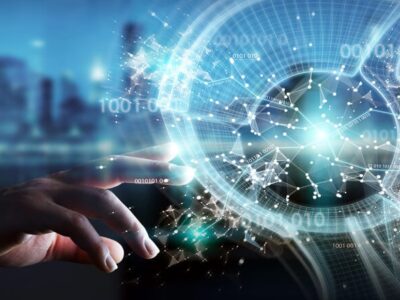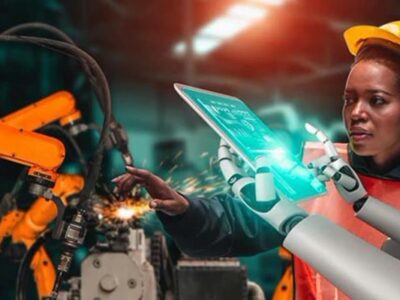
In the ever-evolving landscape of Human Resources (HR), the integration of Artificial Intelligence (AI) is reshaping the recruitment process, offering efficiency, precision, and enhanced decision-making capabilities. This article explores how AI is streamlining recruitment, revolutionizing the traditional methods and bringing a new era of talent acquisition.
- Automated Resume Screening: One of the primary contributions of AI in HR is automated resume screening. AI algorithms can analyze thousands of resumes swiftly, identifying relevant skills, experience, and qualifications. This process not only accelerates the initial screening stage but also ensures a more objective evaluation by eliminating human biases.
- Predictive Analytics for Candidate Matching: AI employs predictive analytics to match candidates with job requirements. By analyzing historical data and successful employee profiles, AI algorithms predict the likelihood of a candidate’s success in a particular role. This data-driven approach enhances the precision of candidate selection, leading to better long-term hires.
- Chatbots for Initial Candidate Interaction: Chatbots powered by AI are becoming instrumental in initial candidate interactions. They can engage with applicants, answer queries, and provide information about the company and the application process. This not only enhances the candidate experience but also allows HR professionals to focus on more complex tasks.
- Skill and Personality Assessments: AI-driven assessments go beyond traditional methods by evaluating both hard and soft skills. Cognitive assessments, language proficiency evaluations, and personality tests conducted by AI provide a comprehensive understanding of a candidate’s suitability for a role, ensuring a more holistic approach to talent acquisition.
- Enhanced Diversity and Inclusion Efforts: AI has the potential to mitigate unconscious biases in the recruitment process. By focusing on skills, qualifications, and performance data, AI algorithms contribute to more inclusive hiring practices. This ensures that diversity is not just a goal but a natural outcome of merit-based selection.
- Efficient Sourcing of Passive Candidates: AI tools can actively search for and engage with passive candidates who may not be actively looking for job opportunities. By analyzing online profiles, professional networks, and industry trends, AI helps HR professionals identify and reach out to potential candidates who align with the organization’s needs.
- Optimized Interview Processes: AI streamlines the interview process by analyzing past interview data to identify successful patterns. Video interviewing platforms with AI capabilities can assess facial expressions, language use, and other non-verbal cues, providing additional insights to hiring managers and ensuring a more thorough evaluation.
- Continuous Learning and Improvement: AI in HR is not static; it continuously learns and improves over time. As algorithms process more data and receive feedback on hires, they evolve to make better predictions and recommendations. This iterative learning process contributes to the ongoing refinement of the recruitment strategy.
In summary, the integration of AI in Human Resources marks a transformative shift in talent acquisition. By automating routine tasks, enhancing decision-making processes, and fostering inclusivity, AI not only streamlines recruitment but also empowers HR professionals to focus on strategic initiatives. As organizations embrace the efficiency and objectivity that AI brings to the recruitment process, they position themselves for a more agile and competitive future in the realm of talent acquisition.










